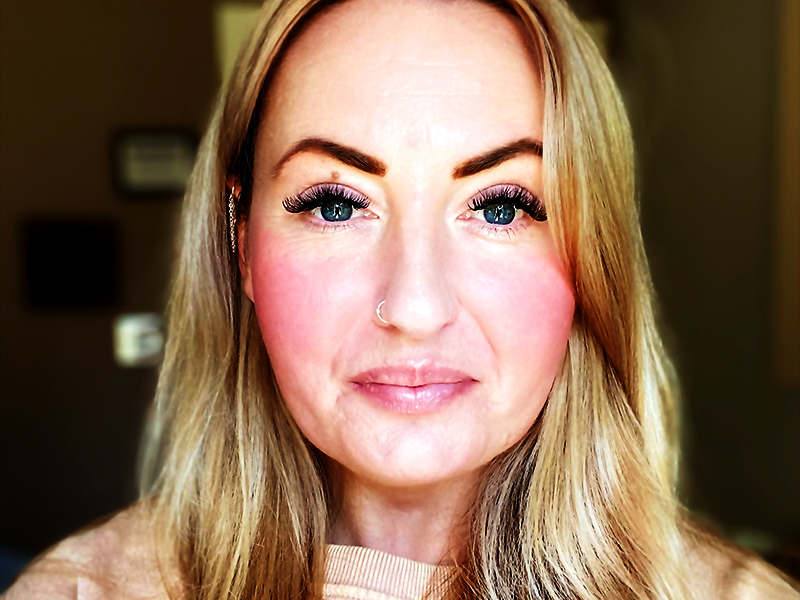I’m always excited when I talk about Penumbra.
Our content is generously peppered with lots of ‘epics’ and ‘awesomes’ across our digital channels, earning my place in the Business Development Dreamteam as Queen of the Emojis (credit to the very fabulous Sheena for this dubious title). Without question, my short time with this unique organisation has been the most rewarding chapter in my working life so far. There are tonnes of reasons for this, but chief among them are the inspiring humans I get to work alongside every day who are in it to make a difference.
Organisationally, we march to the beat of our own drum. We live and breathe our values. Reflecting on all that we do and how we do it ultimately takes us back to those values time and again. It encourages us to innovate and think how we go about offering support well.
As it happens, I’ve been spending a lot of time this week exploring with our teams the ‘why’ behind our work as we delve into the discovery phase of our new brand. One of the things I’m really proud of is that everything we do is with and alongside. We design services with people, informed by evidence and lived experience. We tailor meaningful support alongside each person according to what they want to get out of life. It’s a partnership.
So why is the Penumbra approach so impactful? Donna reckons it’s that she listens. She sees the person, not the diagnosis. Ellen says it’s about supporting people to build their own self-management tools. She talks passionately about the joy of seeing someone leave her service. Gary tells me it’s a shared understanding through lived experience of recovery from mental ill health, where everyone is equal and there’s no judgement (20% of our colleagues are employed in peer support roles). Kenny simply tells me it’s the human connection. Giving people time and space. He examples how fate chose him one evening to answer a call from someone experiencing distress.
Stephen said something this week that really stuck with me, too. It was around the idea of channelling anger in a positive way in relation to the injustices many people face every day, perhaps a poignant nod to the late Dave Hingsburger and his frequently furious blog. It made me think about what that means for our organisation and why it’s so important that we should always be unafraid to try new things and challenge the status quo.
This innovation of spirit has seen us open important services throughout lockdown. The prospect of more people accessing our skilled and compassionate support teams when they most need it is hugely rewarding, both professionally and personally. With every new project and with every new human connection, it feels like we’re making important steps in breaking down barriers.
With every new project and with every new human connection, it feels like we’re making important steps in breaking down barriers
It also means welcoming more supercool humans to the team.
So, here’s my shameless pitch to anyone who might be reading this and thinking of a career in mental health support. We can’t promise the biggest salary (although we are a living wage employer and we offer some great benefits). We don’t do big shiny company cars. We don’t do any company cars. What we do do (top marks for anyone spotting the Friends reference) is create an environment where you’ll grow and thrive; where you’ll be an integral part of an epic team of humans; and where your ability to connect with people during their most difficult times could make all the difference to their lives.
Fiona Brown is the Communications Officer for Penumbra and can be contacted at [email protected]. She’d love for you to pop by the Penumbra dream jobs portal here.







